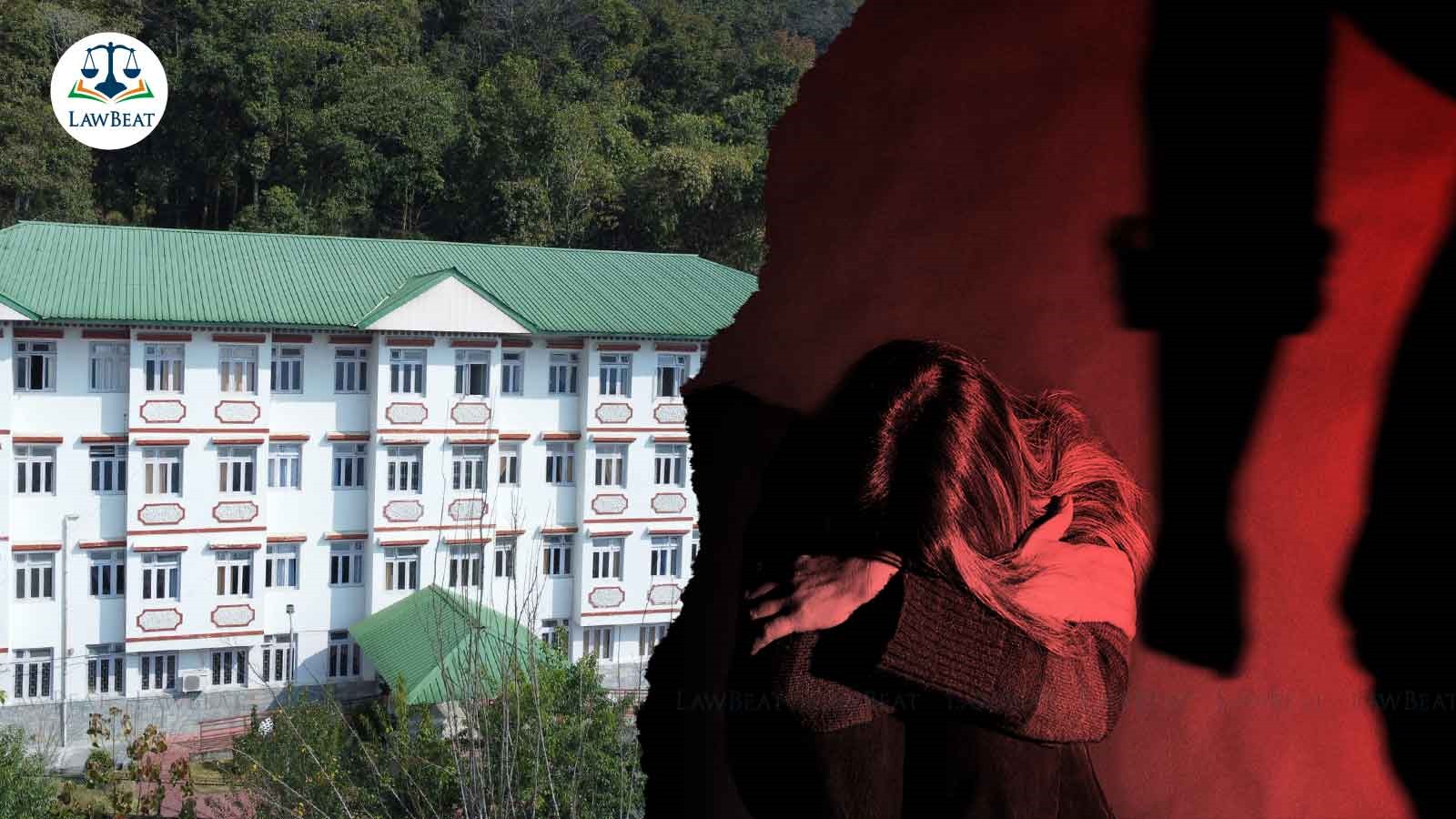Absence of Injuries on Rape Victim’s Body Do Not Render Her Testimony Unreliable : Sikkim HC

The court acknowledged the decision of the trial court which held that “absence of injuries on a victim of rape does not disprove the prosecution‟s case, nor does it render the testimony of the victim false"
The Sikkim High Court has upheld a conviction for rape, emphasising that the absence of physical injuries on the body of the victim does not undermine the prosecution's case if the victim's testimony is credible and trustworthy.
The division bench, comprising Justice Meenakshi Madan Rai and Justice Bhaskar Raj Pradhan, stated, "Mere lack of injuries on the victim's body, who was examined after five days of the incident, would not be fatal to the prosecution case when the victim's testimony is found reliable.”
The court made the observation while hearing a case challenging the conviction order passed by the fast track trial court, South & West Sikkim at Gyalshing. The case pertained to the victim alleging to have been raped by her neighbour on April 13, 2021. Following the assault, the victim contacted the sister of the accused (PW-6) and mother (PW-7) the next day, narrating the incident to them. Both the witnesses, however, were declared hostile witnesses during the trial, but they did admit certain facts during cross-examination that supported the victim's account.
The victim also disclosed the incident to her sister-in-law after reaching her parents' house on April 17, 2021. Despite initial reluctance due to fear of a confrontation between her husband and the appellant, the victim eventually informed her husband on April 18, 2021. This led to the lodging of the FIR.
According to the victim, she was home with her minor sons while her husband was at work when the incident occurred. She described in detail how the accused/ appellant assaulted her. The victim's deposition included that she informed the appellant she was menstruating, but he did not care and forcefully raped her. This detail was later corroborated by the medical examination conducted by the Medical Officer, who confirmed the victim was menstruating at the time of the assault.
The appellant argued that the case was fabricated out of personal grudges and that the victim's testimony lacked credibility. They pointed to the absence of physical injuries and inconsistencies in the victim's statements as reasons to doubt the veracity of the claims.
The court found the victim's testimony to be consistent, detailed, and credible. Despite extensive cross-examination, the victim remained steadfast in her account, which the court found honest and reliable. “The victim has withstood the cross-examination by the defence and her testimony stood the test of truthfulness,” the court said.
The court further noted “We notice that the victim has been consistent about the details of the act of rape by the appellant from the lodging of the FIR to the recording of her statement under section 164 Cr.P.C. by the learned Magistrate and also in her deposition in Court. We also find that there are no material contradiction in the victim‟s deposition which would render it untruthful.”
The court emphasised that the sole testimony of the victim inspires confidence and does not suffer from any basic infirmity. The court also rejected the argument that the case was filed as a result of rejection of a marriage proposal involving one of victim’s sister and the appellant. The court stated “We are alive to the fact that in a case of rape, no self respecting woman would come forward in a Court just to make a humiliating statement against her honour to avenge, as was alleged by the defence.”
The court acknowledged the decision of the trial court which held that “absence of injuries on a victim of rape does not disprove the prosecution‟s case, nor does it render the testimony of the victim false, if Court is of the opinion that her testimony inspires confidence and is found reliable and trustworthy.”
The court noted that “the ingredients of rape as defined in section 375 and made punishable under section 376(1) IPC have been satisfied. The ingredients of criminal intimidation under section 506 IPC have also been sufficiently made out.” However, considering section 220(5) of the Cr.P.C. and section 71 of the IPC, the court was of the opinion that the act of criminal intimidation was committed in the course of the same transaction as the act of rape. Therefore, the appellant could not be punished separately under section 506 IPC.
The Court upheld the impugned judgment and sentence rendered by the trial judge under section 376(1) IPC holding that “the learned Trial Judge has correctly appreciated their evidence and rejected the theory sought to be propounded in defence of the appellant.” However, the sentence under section 506 IPC was set aside. The compensation awarded to the victim was also upheld.
Cause Title: Tshering Thendup Bhutia v State of Sikkim [ CRL. A. No. 13 of 2022]
